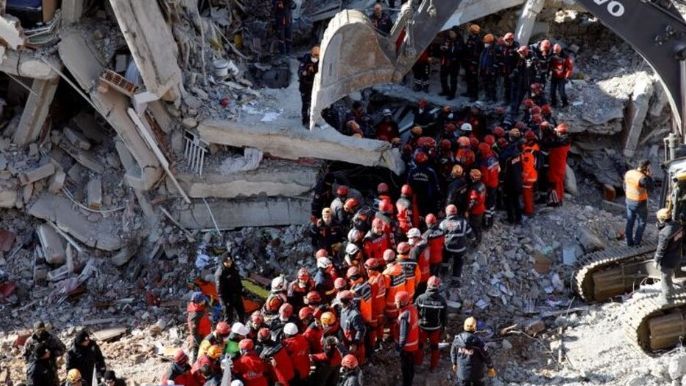By ISABEL MARÍA CENTENO SÁNCHEZ
He breast cancer It is, and will continue to be for an indefinite time, a major public health problem. Its lethality due to late detection not only affects many women in our country, but also women from other Latin American countries and the third world in general.
This condition that occurs in the life of one in eight women generates challenges that make it very challenging and that have brought a new figure in our country to the scene of multidisciplinary treatment: the psycho-oncologist.
Psycho-oncology, a specialty that was coined by Dr. Jimmie Hollandpsychiatrist and researcher in the Memorial Sloan Kettering Cancer Centeris a branch of psychology that specializes in oncology to address the emotional, psychosocial and family aspects of those suffering from cancer.
Holland, who died in 2017, says in her memoirs that, married to an oncologist at the same hospital, she noticed that the doctors’ interest and attention focused solely on the tumor and the disease. He wondered, without an answer, who was going to address the psychological challenges faced by the patient and his loved ones.
He decided to respond through this specialty and to create measurement instruments where anxiety was considered a sixth vital sign, which had the same relevance as those that are of medical interest.
Today, in our country, The psycho-oncologist is a key piece in the multidisciplinary team that treats cancer in general and breast cancer in particular. Your role is crucial.
A woman who is diagnosed with breast cancer is going to experience a roller coaster of emotions that, if not managed properly, will become complicated, causing a major mental disorder.
According to the latest research, this can occur in 30% to 50% of patients.
Overwhelming emotions such as guilt, fear, anguish, anger, sadness and endless etcetera, come and go accompanying the journey through diagnosis, treatment and survival.
Psychological coping, what we call the management of this bombardment of emotions, will be conditioned by various factors. To mention a few: age, marital and economic situation, age of children, history of trauma and support network.
Furthermore, we cannot forget that behind every vulnerable person, there is a woman caring for them. We do not have an infrastructure or public policies that allow this to be any other way.
Therefore, each woman diagnosed and the disruption with which cancer debuts in their lives can generate a collapse in a network in which children, the elderly and the sick are affected.
Medication toxicity, hormonal blockages, body changes, along with potential financial problems, can create an explosive combination that tends to make the process very challenging.
The psycho-oncologist will be this continuous presence that will allow us to have a safe space in which to express, reflect and build the best possible from what is being experienced. It will be that company that will take patients by the hand to go through the process seeking to capitalize together on the best learning.
In most cases, you will be able to resume what will be a full life after cancer, as well as strengthen the relationships of significant people. To achieve this, “it better not be alone, but well accompanied.” Therefore, it is important to always ensure that, in the medical team, there is a psycho-oncologist who walks alongside breast cancer patients.
Specialist in psycho-oncology at TecSalud


